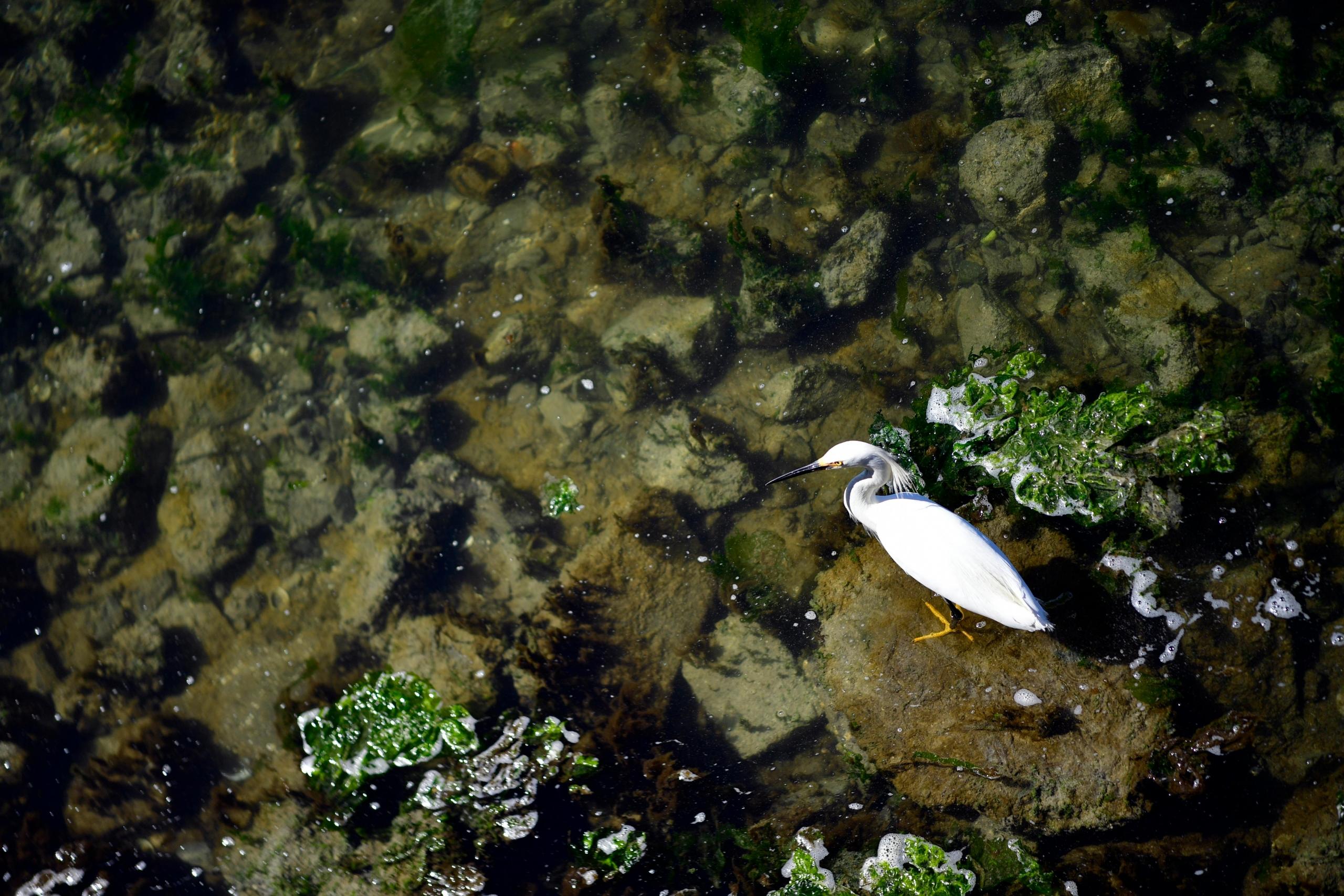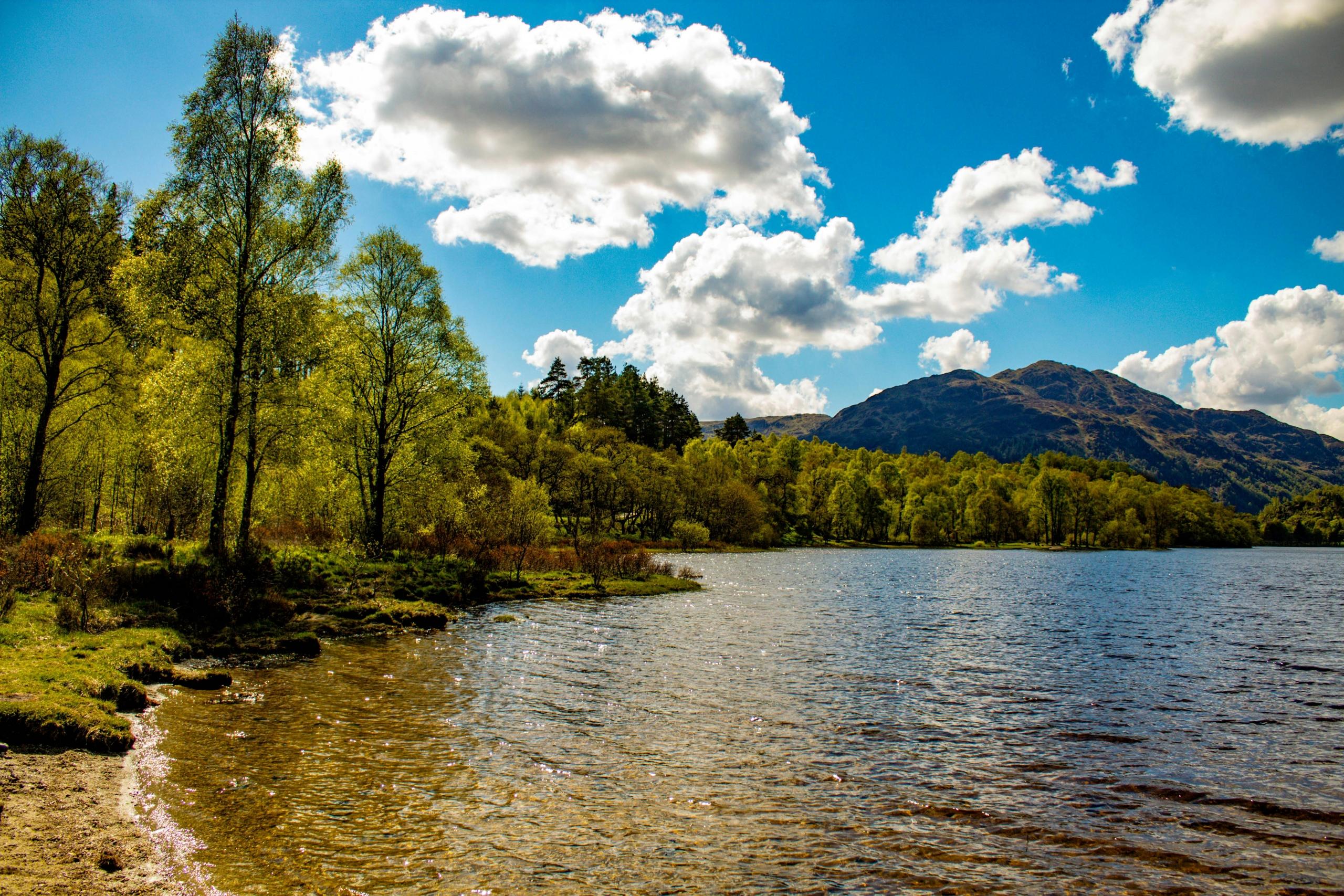The environment is more than a headline in today’s world, especially with the impacts of climate change becoming increasingly apparent.
Humans have made devastating impacts on the world’s ecosystems over the last few hundred years, as we continue to exploit natural resources for capital gain. Freshwater ecosystems have been seriously damaged, especially in Canada where lakes and rivers are also the home of major cities and industry.
David Schindler, an American-Canadian ecologist and environmental scientist, worked tirelessly to advocate and protect aquatic environments. His research on the impact of human activities on freshwater systems has shaped and informed environmental policy and conservation work.
This article is all about the importance and impact of Schindler’s work in environmental chemistry. If you have ever considered pursuing learning or a career in environmental chemistry, you’ll learn all about how critical this field is!
The discovery of insulin is a historic moment in Canadian history, and another example of Canadians making scientific history.

Who Was David Schindler?
David Schindler was born in a rural area of Northern Minnesota. He spent a significant amount of time between his family farms and local lakes, preferring natural surroundings to city life. He was deeply interested in fishing - a lifelong hobby - and played American football for his high school team.
Schindler was academically gifted and won a Rhodes Scholarship to Oxford University in England after finishing his undergraduate degree in zoology at North Dakota State University. There, he frequently met and debated with renowned scientists like Nobel Laureate Nikko Tinbergen and Richard Dawkins.
As an Oxford Graduate, Schindler received postdoctoral and teaching offers from highly regarded schools like the University of Michigan and Yale. He instead chose to work at Trent University in Peterborough, a small town not unlike the one he grew up in. At Trent, Schindler began his work with the Experimental Lakes Area.
In addition to his work as a researcher, professor, and scientist, Schindler devoted extensive time to sharing his work with public and policymakers.
Schindler passed away on March 4, 2021.
Why is Research in the Field of Environmental Chemistry so Important?
Get inspired by reading more about Canada's greatest scientists, researchers, and innovators and the inventions of insulin, pablum, the Canadarm, and the experimental lakes areas.

What was Schindler’s Impact on Environmental Chemistry?
Some of Schindler’s most significant impacts came during his work at the Experimental Lakes Area (ELA) in Ontario. Known as the world’s freshwater laboratory, the ELA is the only place in the world scientists can implement long term projects and experiments to understand what human activity can do to the earth’s freshwater.
Here is a summary of Schindler’s key contributions that ultimately led to major shifts in environmental policy in Canada and around the world.
Research on Phosphorous and Eutrophication in Freshwater
Research lead to ban of phosphorous in detergents and fertilizers - a major policy shift that lowered eutrophication around the world.

Acid Rain Research
He acidified the lakes at the ELA, and showed the harmful impacts of acid rain on aquatic ecosystems such as the decline of fish populations and changes to water chemistry.
Research on Mercury Pollution
What are David Schindler's Career Highlights?
After graduating from Oxford, Schindler surprisingly made the decision to turn down job offers from schools like Yale and the University of Michigan to work at Trent University in Peterborough, Ontario - a lakeside town similar to the one he had growing up in. At Trent, he was recruited to join a team of other young scientists to begin a series of studies on whole lakes.
In 1968, Schindler worked with the Freshwater Institute at the University of Manitoba (FWI). He founded the Experimental Lakes Area research program in Northwestern Ontario. In 1989, he became a chair at the University of Alberta’s faculty of Science.
Schindler’s research was highly influential and he received a tremendous amount of recognition for his work, including the:
- Stockholm Water Prize
- Tyler Prize for Environmental Achievement
- Gerhard Herzberg Canada Gold Medal for Science and Engineering
- Fellow, Royal Society
Some of Canada's greatest scientific achievements are in the areas of health. The development of pablum is one example - find out how millions of infant lives were saved by a Canadian invention.
The Experimental Lakes Today
One of Schindler’s most important legacies remains the Experimental Lakes Area, known now as the International Institute for Sustainable Development Experimental Lakes Area (IISD-ELA). It is a natural laboratory made up of 58 small lakes and their watersheds. Located in Northwestern Ontario, the lakes and their watersheds are set a side for scientific research.
The lakes of the ELA can be manipulated to to examine how elements like the atmosphere and fish populations respond to human activity. Research and findings from the ELA are typically more accurate than experiments that occur in laboratories.
Today, the work of the ELA continues to influence governments and industries, generating more cost-effective environmental policies and regulations to ensure safe water supplies. The facility is a world-class site that welcomes collaborations and partnerships with researchers and universities.

Is it Worthwhile to Pursue a Career in Environmental Chemistry?
If you find David Schindler’s work inspiring, or are passionate about the preservation of the environment, then you may want to consider a course of study and career in environmental science.
Environmental chemists apply their knowledge regularly in the field, analyzing new chemicals and how they affect the environment. Alternatively, you could focus on research and teaching by working in a university and publishing your work in academic journals. Keep in mind that demand is much higher for environmental chemists in industrial or manufacturing contexts.
Some examples of tasks an environmental chemist might do include:
- Developing project timelines and budgets
- Supervising field work
- Documenting observations and writing reports
- Applying for funding
- Laboratory work
Space exploration and innovation is another area where Canadians have excelled - check out the Canadarm and the work of Anthony Zubryzcki.
Summing it Up
David Schindler had a profound impact in the world of environmental chemistry and global aquatic life. His story inspires so many, with humble beginnings as a boy with small town roots in Minnesota to one of the world's most renowned scholars.
His decision to live and work in Canada at its lesser know universities is a testament to his love for rural life and commitment to preserving and maintaining freshwater supplies for the earth.
Schindler's work at the Experimental Lakes Area was particularly influential, leading to advances in how human activity negatively impacts freshwater ecosystems.
Throughout his career, Schindler inspired countless undergraduate and graduate students to pursue work in environmental chemistry and scientific research in freshwater environments. A fellowship has been set up in his name at the IISD-ELA.
Water is a critical resource humanity must protect for the future. Schindler’s work helped to determine positive changes in environmental policy and educated generations on how to protect vital water resources.
Summarize with AI:















